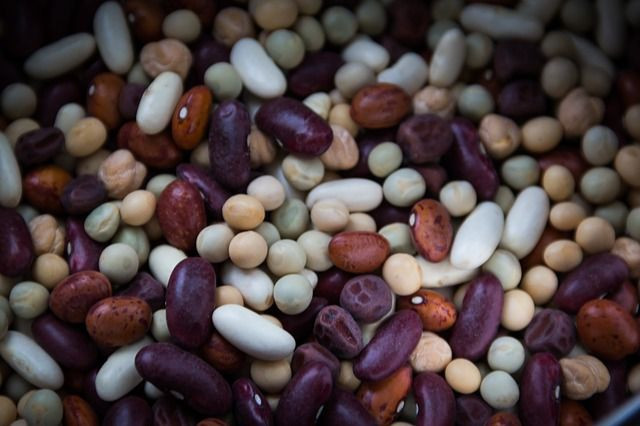How To Get More Protein, Iron From Beans: Health Benefits of Fast-Cooking Legumes

Beans, beans, the musical fruit … well, you know the rest. A new study has examined whether quick-cook beans carry the same nutritional value as slower-cooking varieties, and the results reveal that, sometimes, faster cooking can be healthier.
To get the most nutrients out of beans, the study suggests choosing fast-cooking dry beans, which proved to retain more protein, iron and other minerals than "slower" dry beans, according to a press release.
Researchers analyzed the nutritional value of 12 dry bean cultivars from four classes spanning fast-, moderate- and slow-cooking; they also examined yellow, cranberry, light red kidney, and red mottled varieties.
Findings revealed that speedier beans maintained higher protein and mineral content after they were prepared than the moderate- and slow-cooking varieties. The study also revealed that quicker-cooking beans also had more iron, the release noted.
According to the World Health Organization, about 2 billion people around the world are estimated to be deficient in key vitamins and minerals — including iron and zinc. Dry beans could help address these deficiencies.
A 2013 research study broke down the cost per calorie, and found that potatoes and beans are the most affordable and healthful vegetables for school lunches. Medical Daily previously reported these vegetables provide "key vitamins and minerals at a relatively low cost," are dense in fiber, potassium, magnesium, and vitamins A, C, and K.
Source: Wiesinger JA, Cichy KA, Glahn RP, Grusak MA, Brick MA, Thompson HJ, Tako E. Demonstrating a Nutritional Advantage to the Fast-Cooking Dry Bean (Phaseolus vulgaris L.). Journal of Agricultural and Food Chemistry. 2016.
Read more:
Eating High-Fiber Foods, Like Beans, Peas, And Chickpeas, Is One Of The Best Ways To Lose Weight
Published by Medicaldaily.com



























